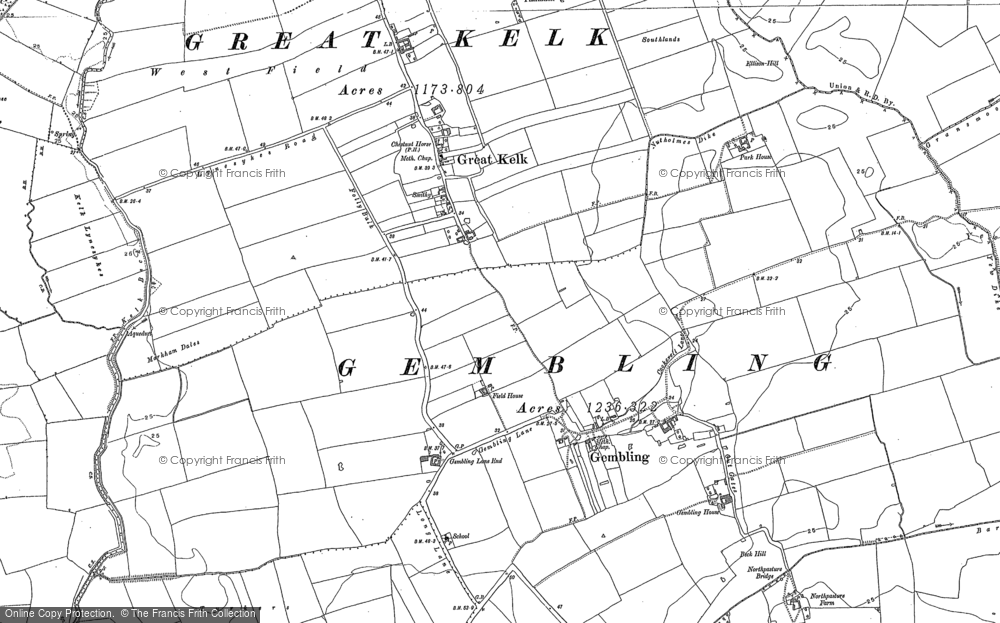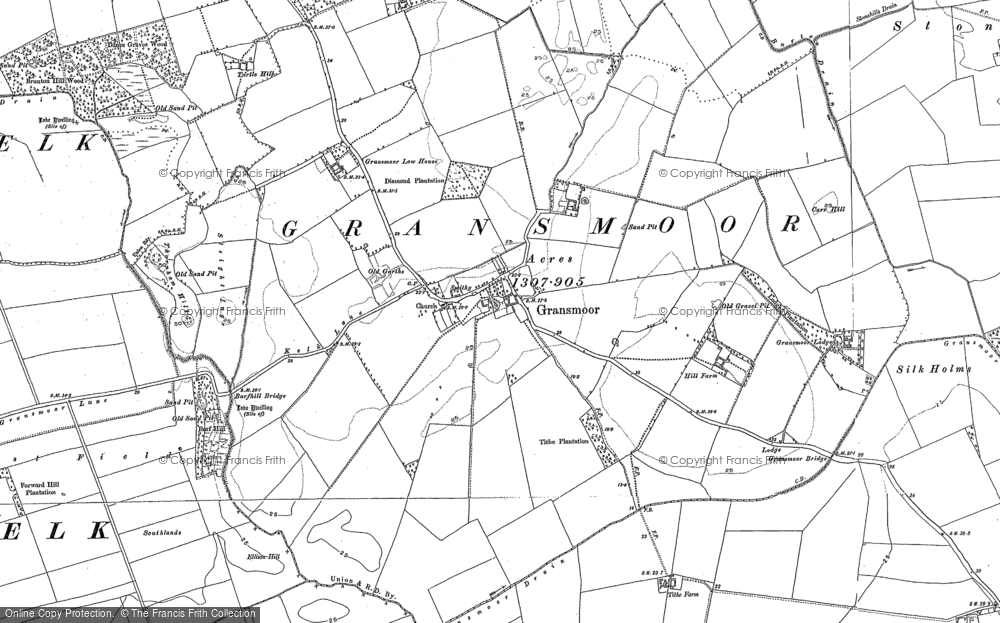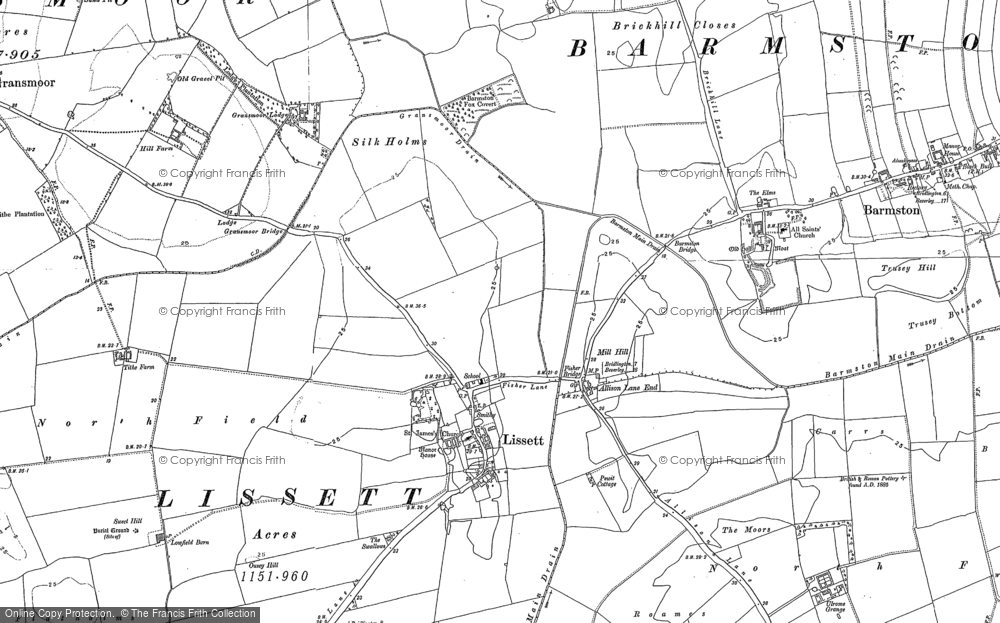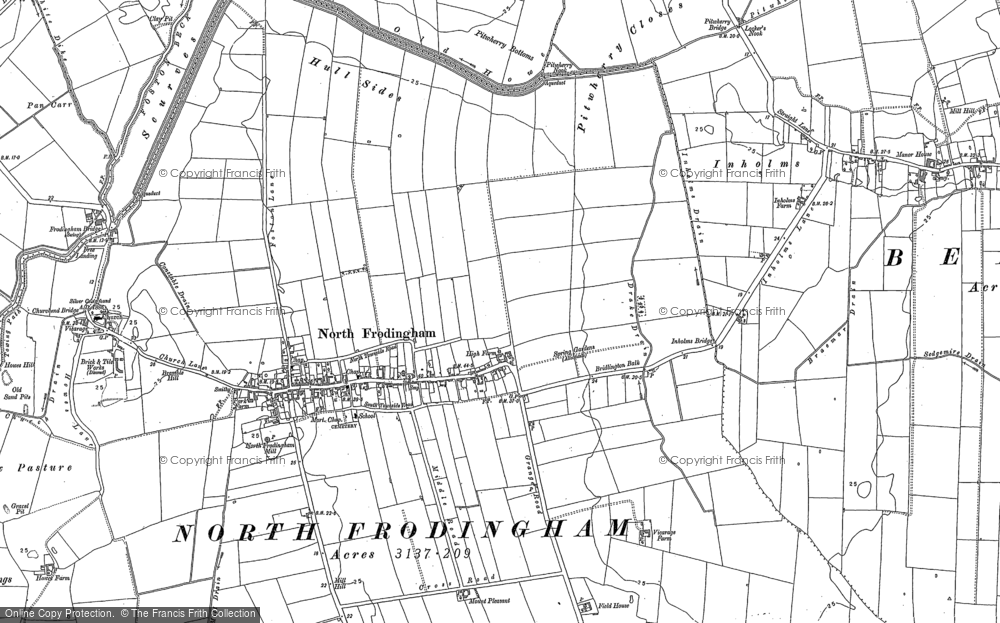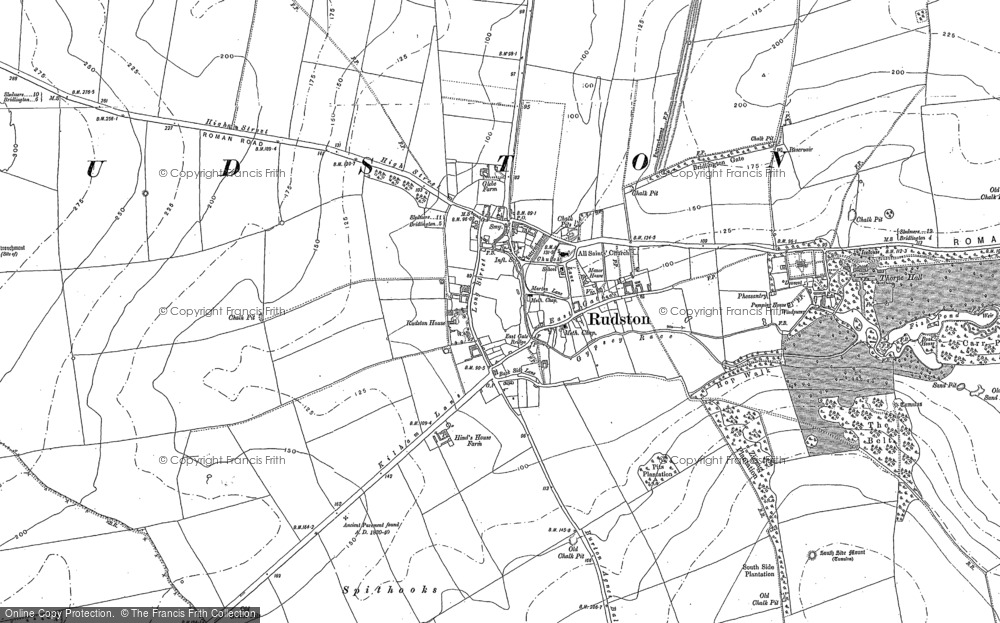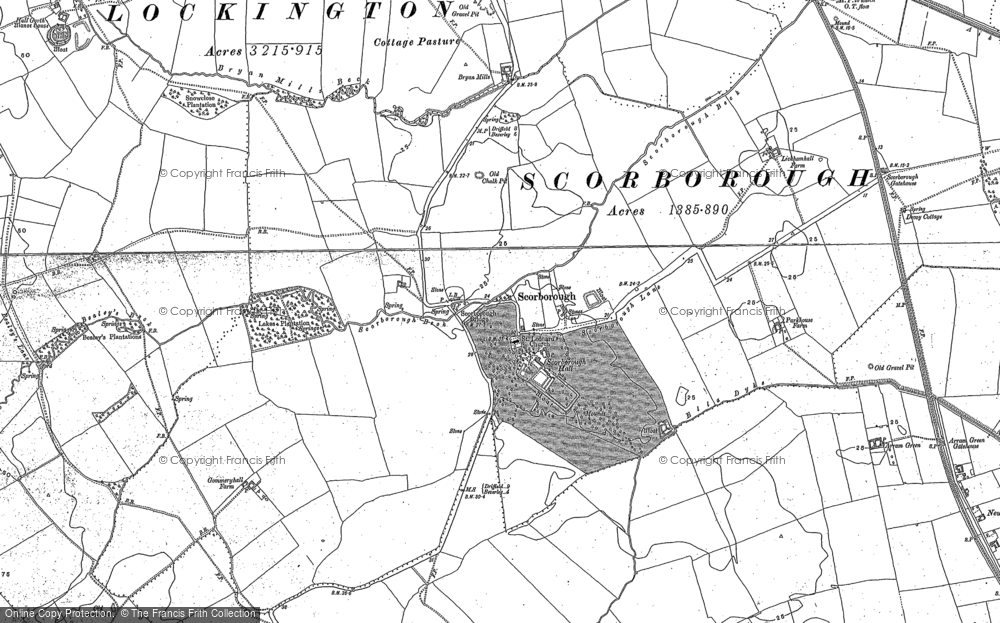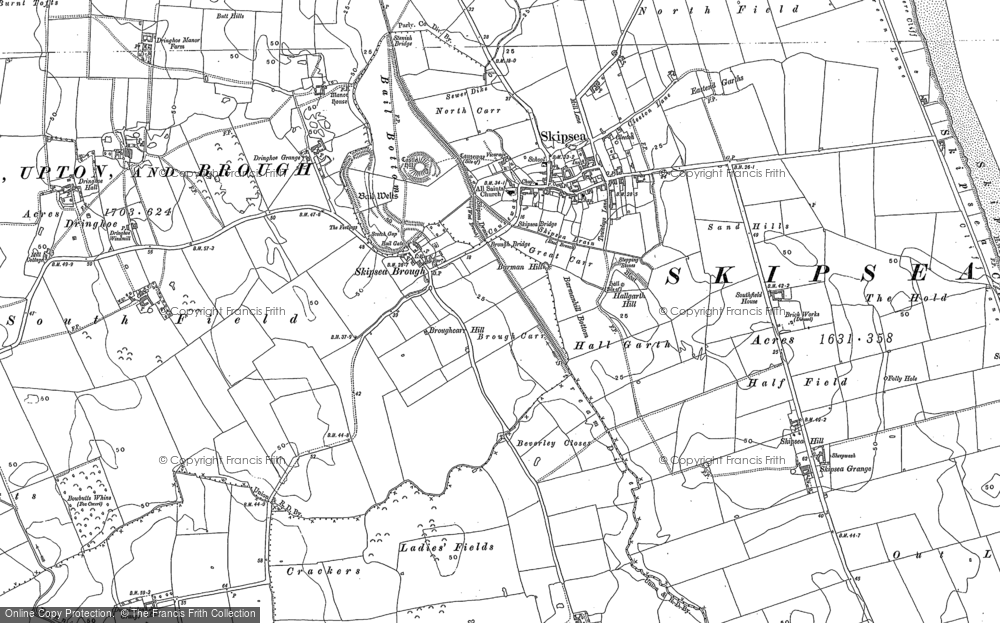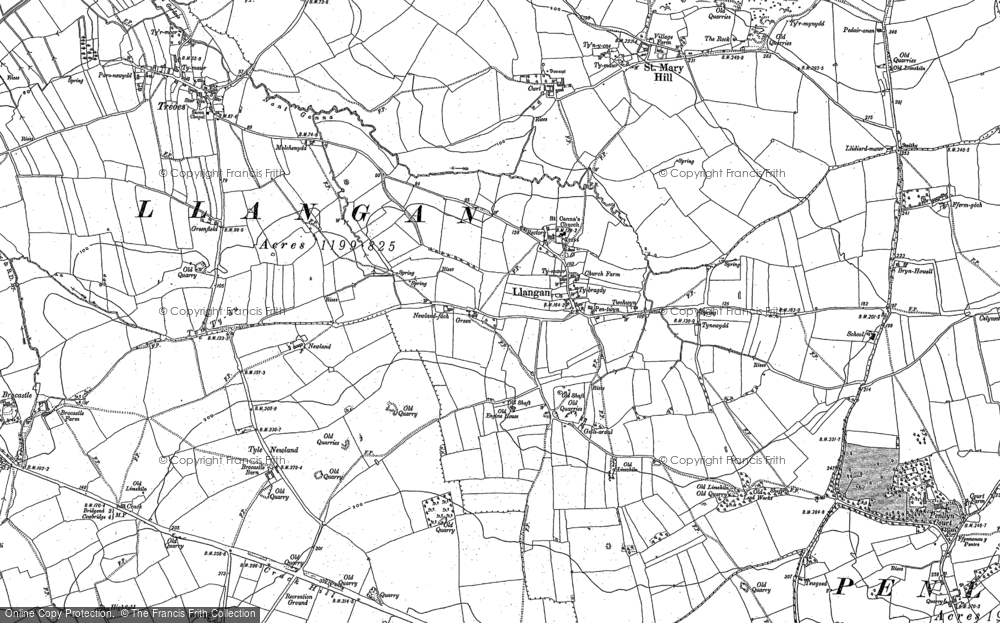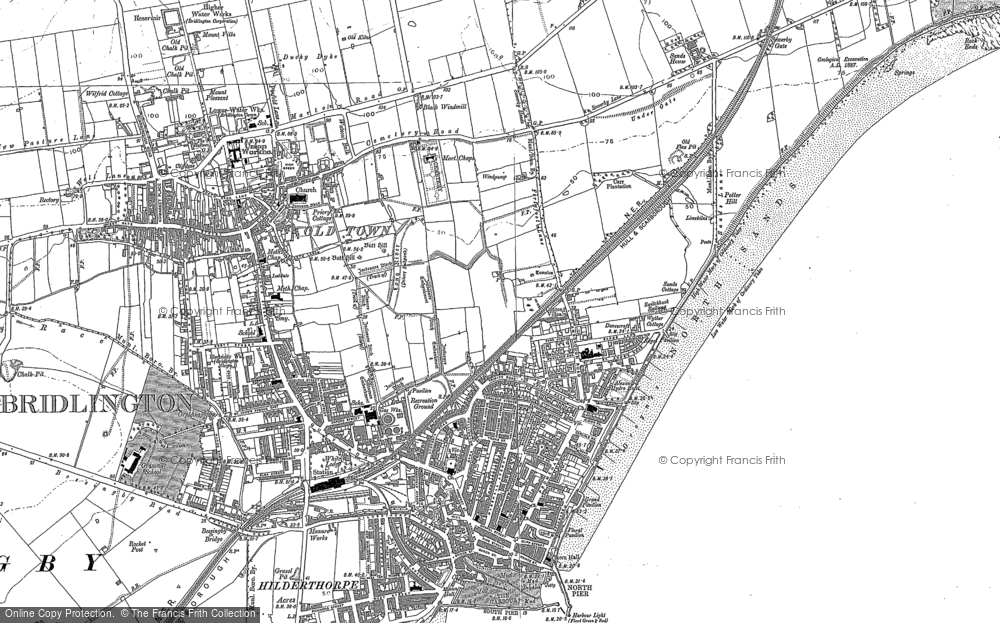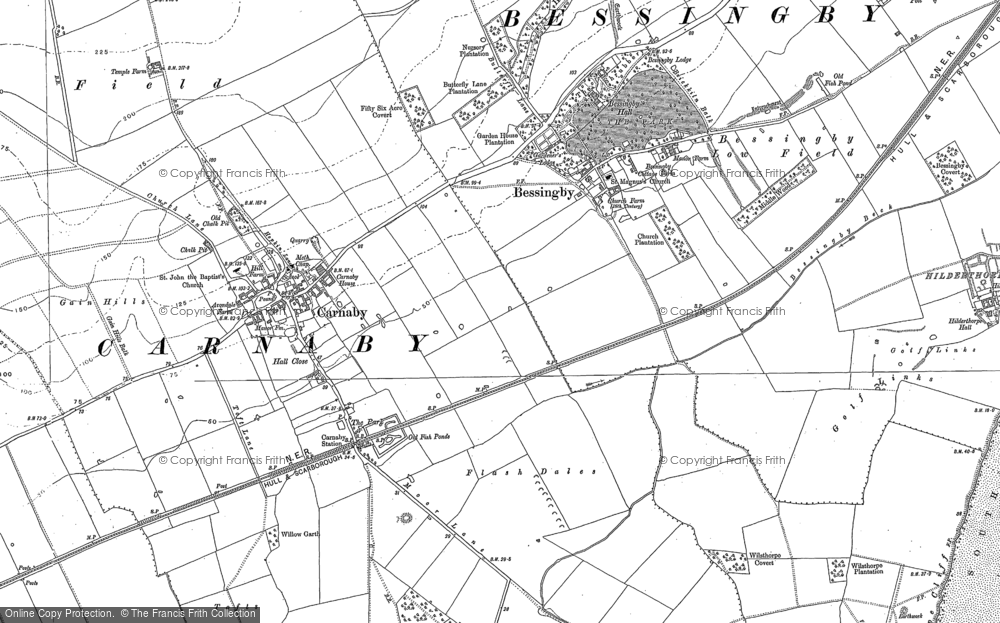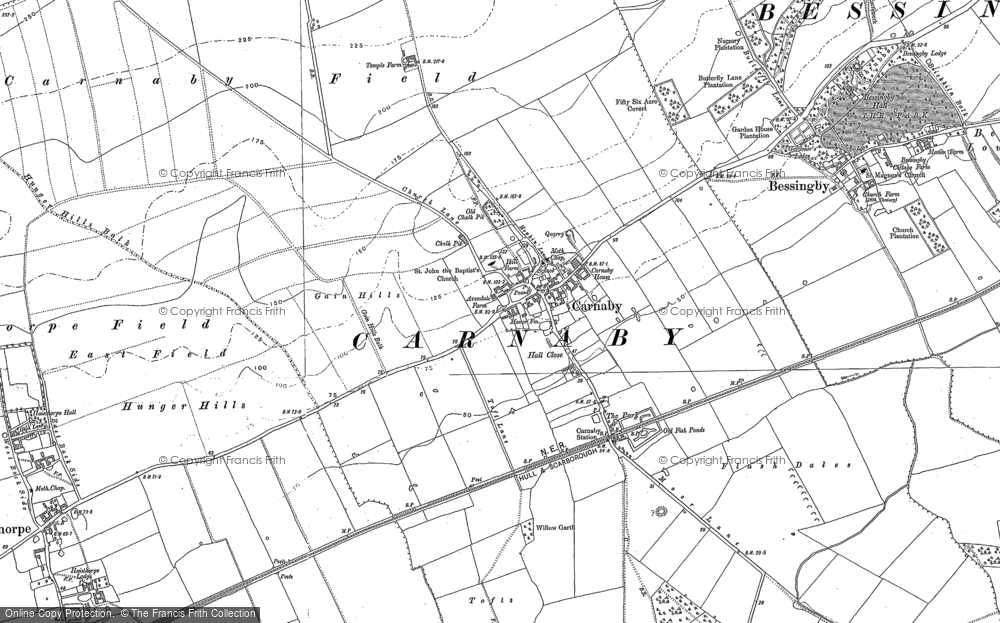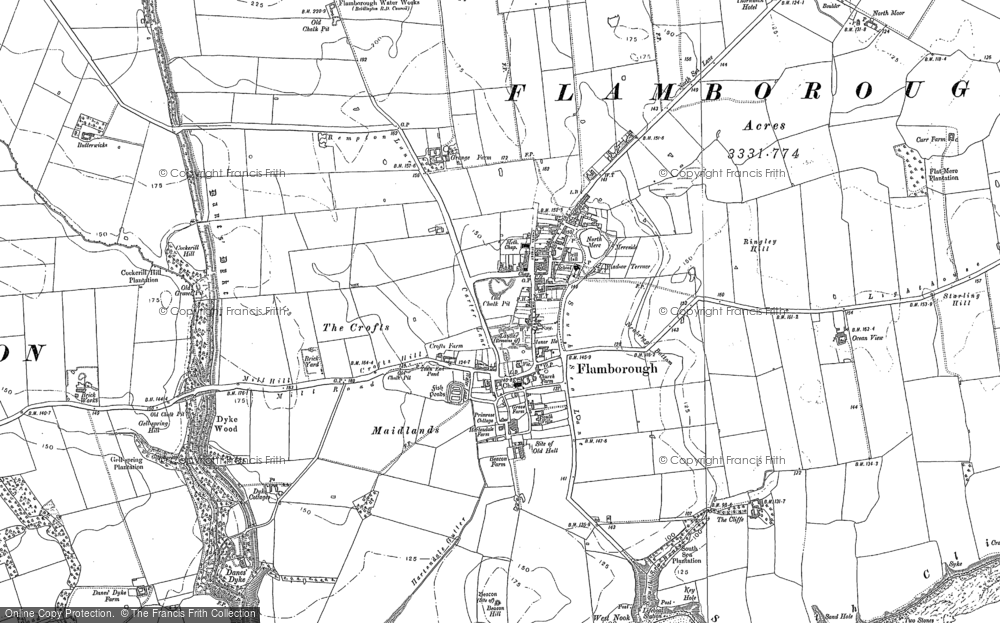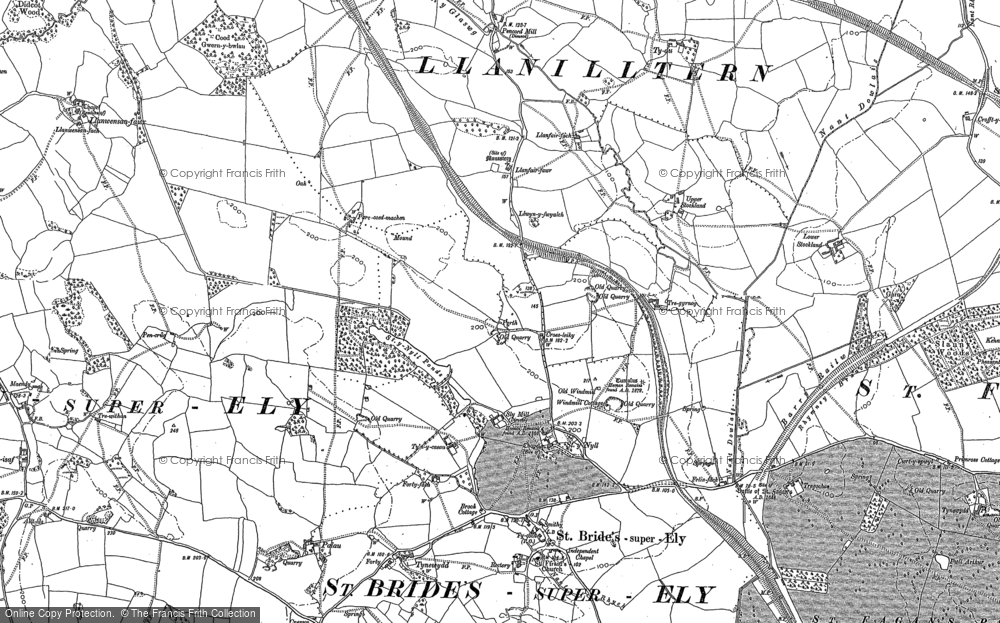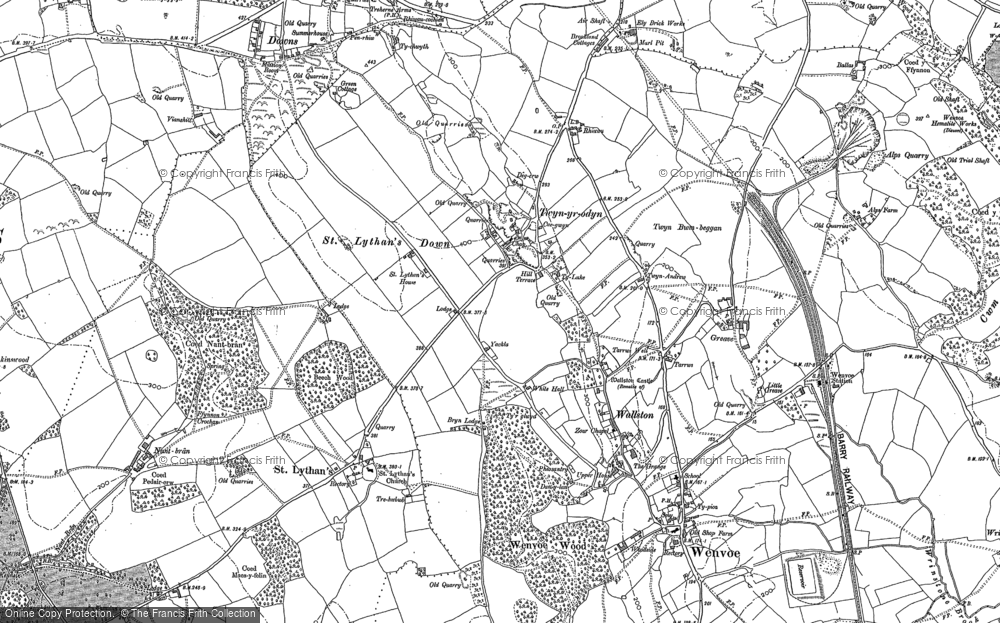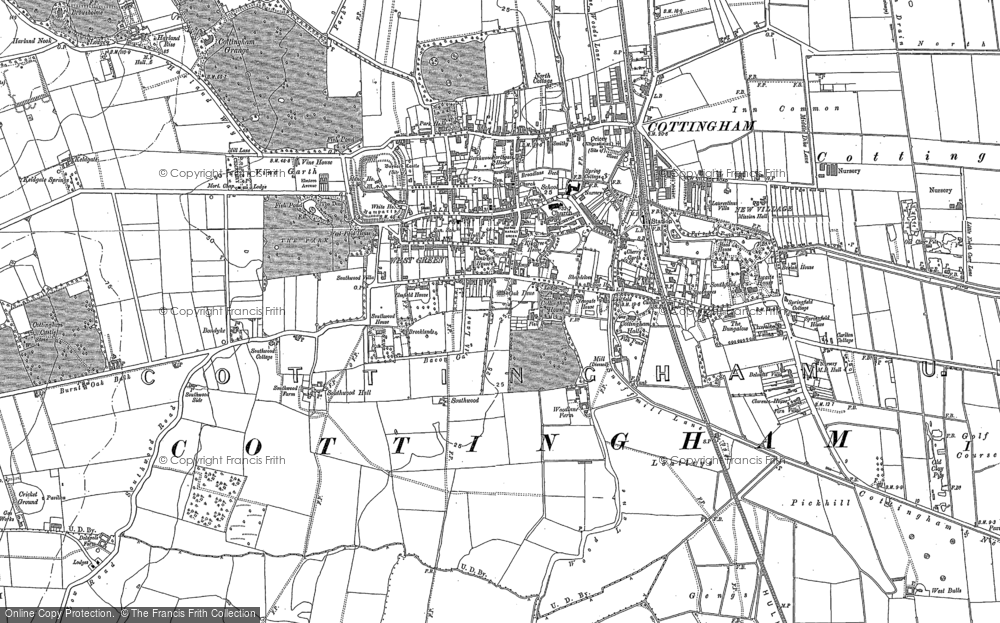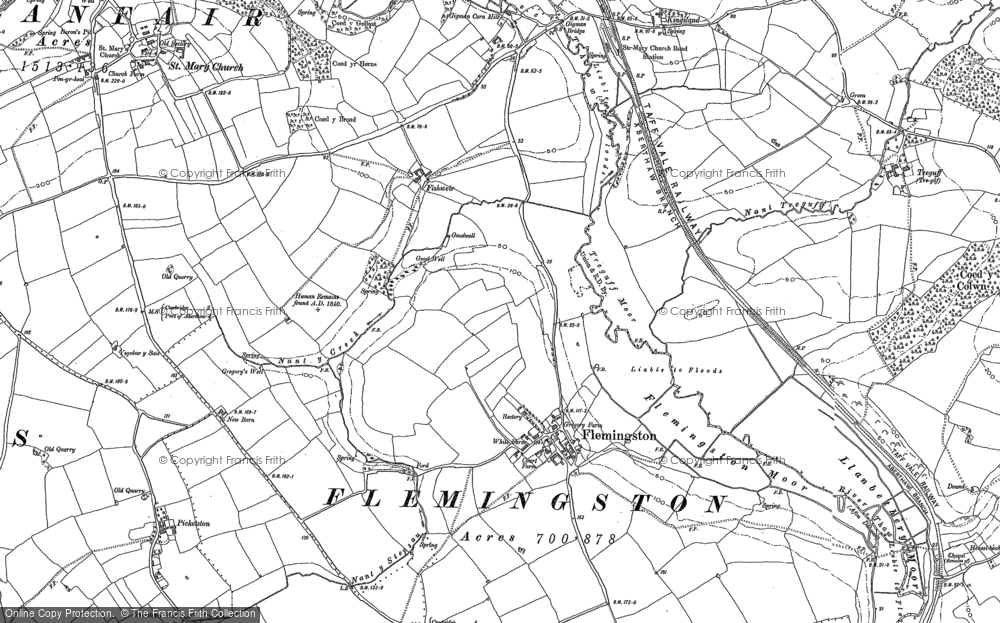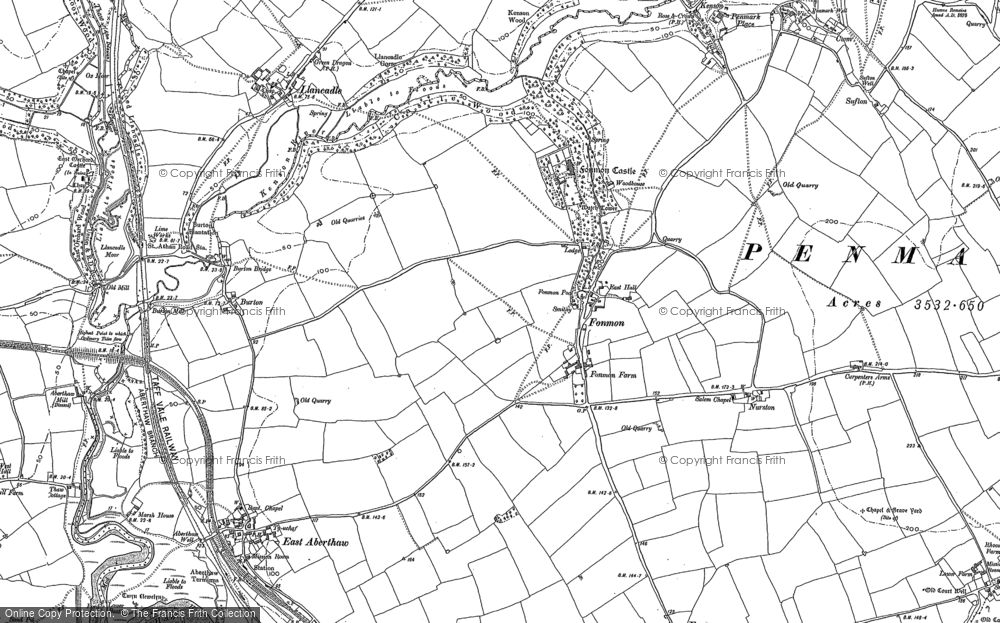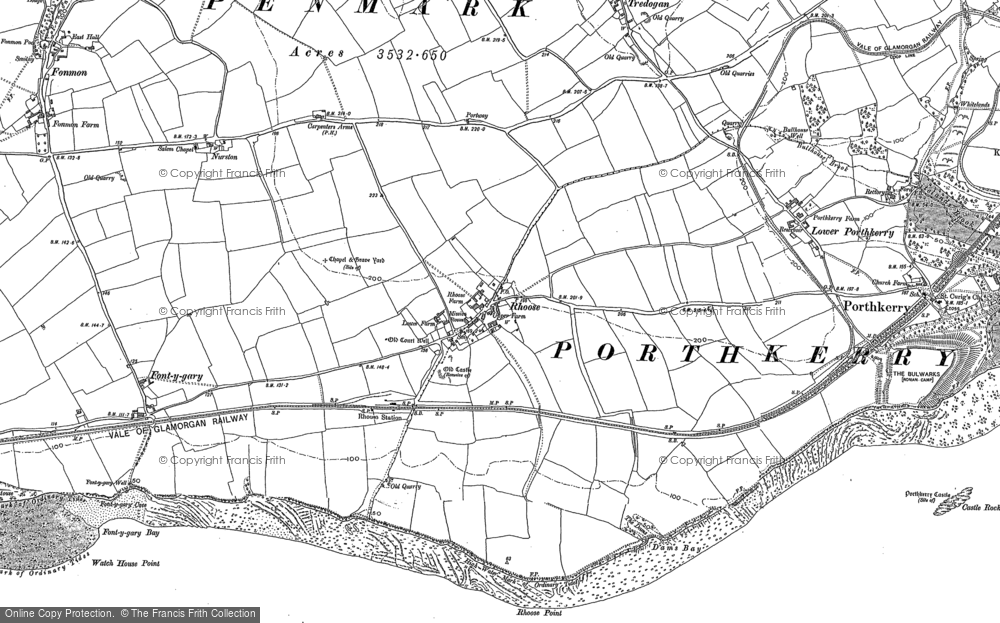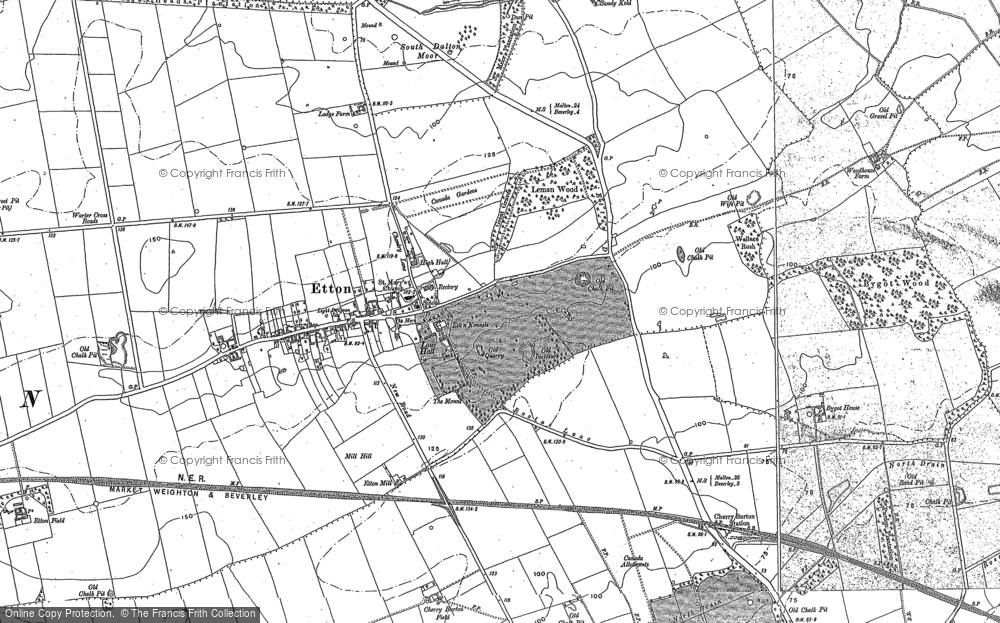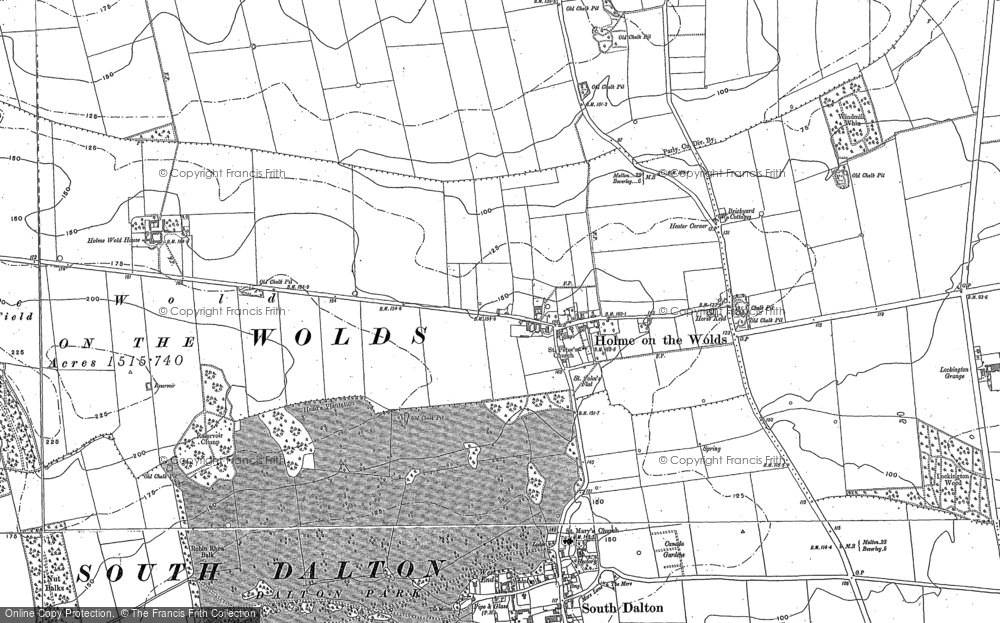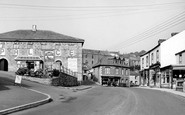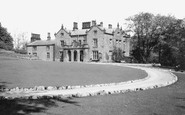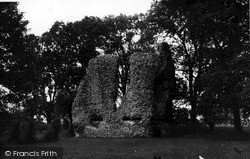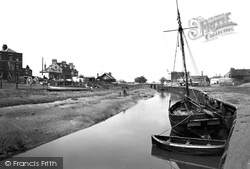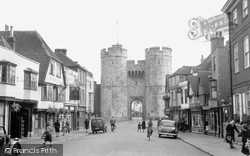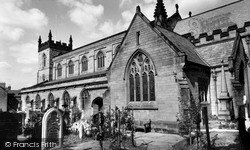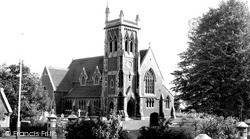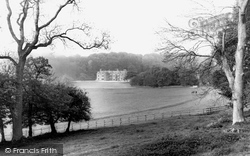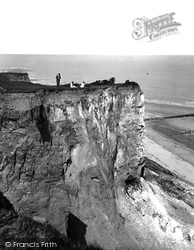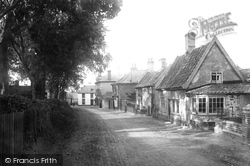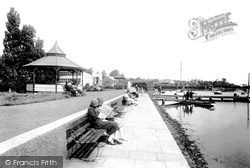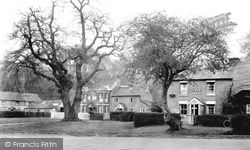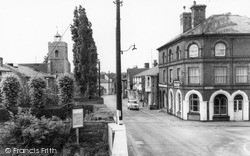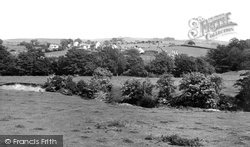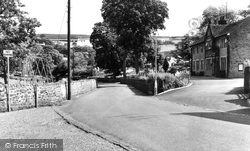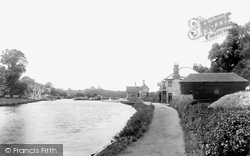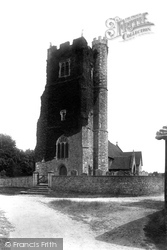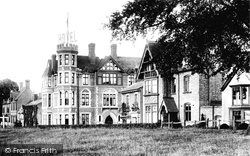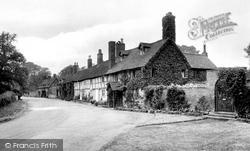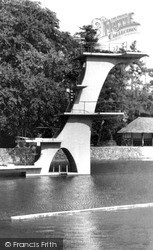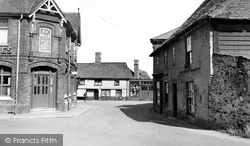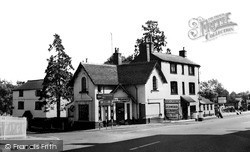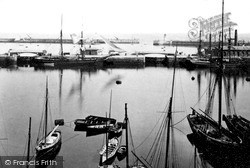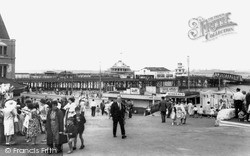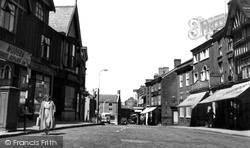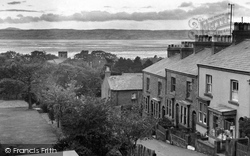Merry Christmas & Happy New Year!
Christmas Deliveries: If you placed an order on or before midday on Friday 19th December for Christmas delivery it was despatched before the Royal Mail or Parcel Force deadline and therefore should be received in time for Christmas. Orders placed after midday on Friday 19th December will be delivered in the New Year.
Please Note: Our offices and factory are now closed until Monday 5th January when we will be pleased to deal with any queries that have arisen during the holiday period.
During the holiday our Gift Cards may still be ordered for any last minute orders and will be sent automatically by email direct to your recipient - see here: Gift Cards
Places
Sorry, no places were found that related to your search.
Photos
Sorry, no photos were found that related to your search.
Maps
7,034 maps found.
Books
163 books found. Showing results 5,569 to 5,592.
Memories
22,913 memories found. Showing results 2,321 to 2,330.
Grandmothers House
I loved the Humberstone village and living with my grandmother. I went to Humberstone School. Her name was Maggie Hunt. I would love to hear her and her friends singing all those pub songs at the P lough and The ...Read more
A memory of Humberstone in 1953 by
Growing Up In Morgans Terrace
I was born in 1932 at 5 Morgan's Terrace and soon thereafter moved to No 18. There were 7 people living at that address, my maternal Grandfather John Lewis, my maternal Uncle Donald Lewis, my mother Greta ...Read more
A memory of Pontrhydyfen in 1930 by
Hq 90 Group
I spent most of 1952 at R.A.F. Medmenham and very much enjoyed my stay there. By then discipline had begun to be relaxed and we were able to wear civilian clothes off duty.. I was even able to bring my bicycle from home which ...Read more
A memory of Medmenham in 1952 by
Caerphilly
I used to live in Bartlett Street next to the bus station. My first job in Caerphilly was as a delivery driver for Harris & Ash DIY merchants, they were situated in a double fronted shop opposite the castle, although I came ...Read more
A memory of Caerphilly in 1966 by
War Years In Earley
I lived in Clarendon Road until 1954. Does anyone remember the V1 doodlebug that crashed in Whitenights Park, causing a huge crater? In those days we would spend a lot of time in Earley Woods at the back of the allotments at the ...Read more
A memory of Earley in 1940 by
St. Blazey Luxulyan Newgate
My Birth Certificate shows I was born at Newgate Lockingate Luxulyan and as a child lived briefly at St. Blazey. My family came to Australia in 1949 on the SS Arawa and we now reside in Sydney. I returned to Cornwall ...Read more
A memory of St Blazey in 1943
Netherside Hall Grassington
Dear Members Gareth Helliwell here from Batley in West Yorkshire. Apologies all round from the last item printed on Netherside Hall. My E.Mail address now is Gareth1118@virginmedia.com - I had missed out the D in ...Read more
A memory of Grassington in 1966
Once Upon A Time
I lived in Gate Cottage for 2 years after my parents moved there from Surrey. They moved to return to dad's home county and to be close to my uncle and aunt who lived in Holt Street, Nonington. At one time there were 10 Packers ...Read more
A memory of Frogham in 1967 by
Simms Cross
I was born at 9 Frederick Street, in 1941, and my earliest memory is of flags, streamers and buntings strung across the street every time a soldier came home 'from the war'. I don't know why, but the Union Jack flag absolutely ...Read more
A memory of Widnes in 1941 by
Boyhood Memories
I have great memories of Cinderford [Bilson Green areas] from 1953 to 1961 when I was growing up. I remember riding go-carts down the hill. My mother was born in Cinderford [Margaret Hale, married name Hancox and she worked at ...Read more
A memory of Cinderford in 1955 by
Your search returned a large number of results. Please try to refine your search further.
Captions
9,654 captions found. Showing results 5,569 to 5,592.
This was a favourite hunting lodge of Henry III.
The ancient town of Rye was built on a sandstone rock at the confluence of the Tillington and Rother rivers.
New in Chaucer's time, they were built by Archbishop Sudbury and replaced a ruin on the same spot.
Moseley's inhabitants originally had to travel to King's Norton for church services, but at some time in the 15th century they acquired a chapel. A tower was added in 1513.
Designed by Bidlake in 1860, St James' is unusually memorable for a Victorian church, mainly because it is built of blue engineering bricks.
Dating from the 16th century, this fine Tudor country house was planned around three sides of a quadrangle with a protruding porch at the entrance.
Not only is the photographer on the cliff top taking a picture of his ladies with the lens into the sun, he is at great risk of losing his and their lives by going near the edge of these dangerous cliffs
The single-storey extension on the nearest house has been demolished, but there is something similar on the adjacent house.
When this similar view was taken 27 years after No 53495, the Promenade had taken on a more seafront appearance. The paved terrace has since gone as part of the more recent flood prevention scheme.
Cadnam is one of the best-known villages in the New Forest. Most people know it as being at the end of the M27 motorway where it joins the A31 - in a sense, it is the gateway to the forest.
Wivenhoe is situated on the River Colne. Here we have a view of the High Street at a quiet time. In the foreground is the railway, and further back stands the church of St Mary the Virgin.
Rows of stone cottages and rolling farmland characterise Brookhouse, which is close to Caton with Littledale and a popular retreat for commuters to Lancaster.
Standing at the foot of Pendle Hill, which is 1835ft high and just short of being a mountain, the stone-built Pendle Inn is in the centre of Barley, the heart of Pendle Witch country.
The River Medway broadens at Maidstone, on its way to meet the Thames estuary, and the locks here were built in 1792 and mark the tidal limit of the waterway.
The 15th-century Perpendicular west tower of the Church of the Holy Cross is remarkable for the three sculptures of heraldic lions, which crouch at the corners of the battlements.
No longer a hotel, it is divided into flats and called simply The Abbey.
Bridge End is on the south bank of the Avon, where all the roads from the south previously met to cross into Warwick.
The concrete diving stage was designed by J B L Thompson, and was officially opened at a gala in June 1935.
Sometimes called Cliffe at Hoo, the area is known today for its Portland cement works and chalk quarries.
Jan's Folly stands at the junction of the A45 and A5 trunk road. It was originally one of Telford's tollhouses on the London to Holyhead turnpike.
The two sluice gates were installed at Smeaton's request so as to scour away the outer Harbour's constant bogey— silt.
Notice the almost formal clothing of the seaside visitors – the women all wearing dresses or skirts, children in smart footwear and ankle socks, and the men clad in jackets, pullovers and ties!
Although Congleton produced the most silk of the two towns, for some reason it was always Macclesfield further north that was known as 'the silk town' – but ribbons (nylon ones these days) are still
The original village, however, was at the bottom of the hill, centred on the church of St Peter, with the estuary of the Dee beyond.
Places (0)
Photos (0)
Memories (22913)
Books (163)
Maps (7034)


